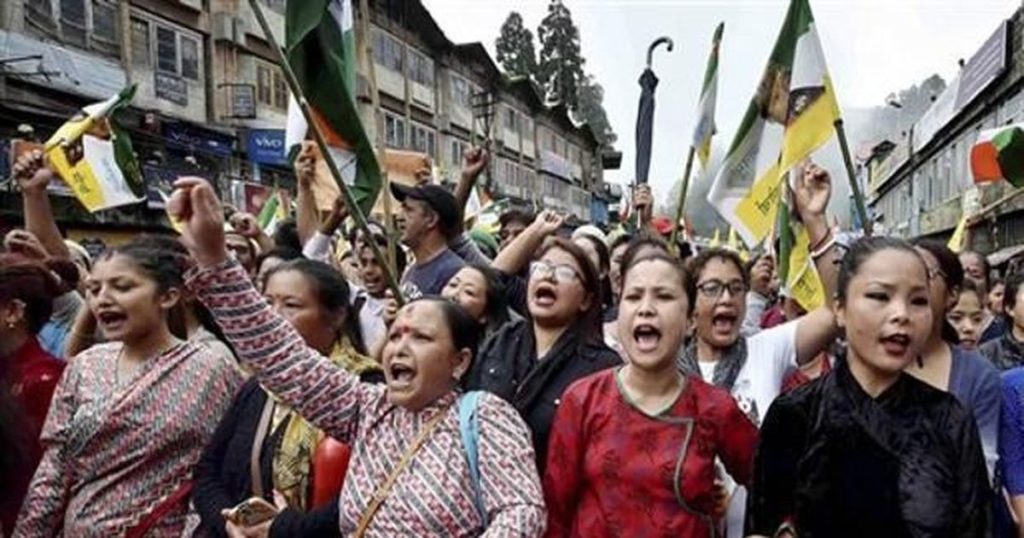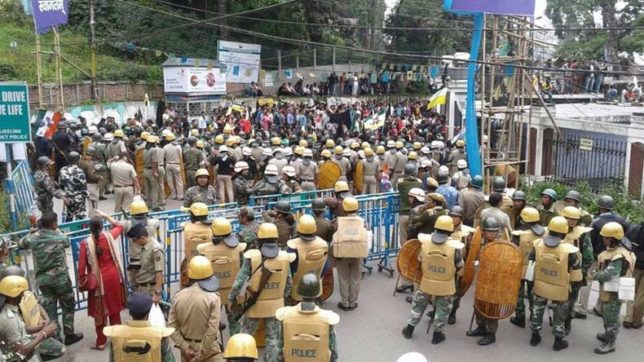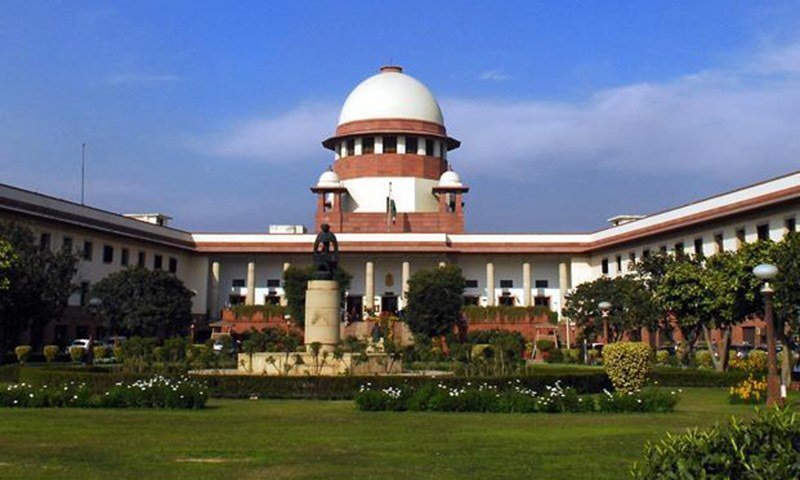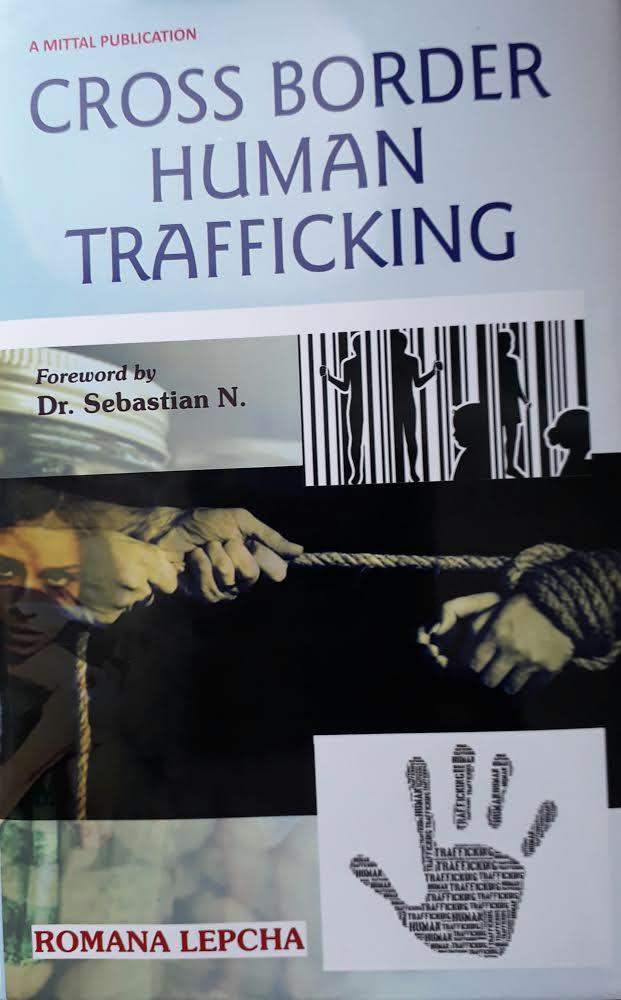West Bengal was once the epitome of progressive and critical thinking with the civil society closely engaged in the political processes. The rise of TMC has over the years witnessed a constant distance being maintained by the civil society in the political processes. This has resulted in a State embroiled in lack of governance and in constant political turmoil. The political metamorphosis Bengal has witnessed over the years has left many aghast. The political environment in Bengal has always been one of intimidation, threat and repression. Repression both hard and soft, co-optation and patronage were the strategies to strangle opposition. Since the time of the communist rule, political killings have taken place and the present government run by the TMC is following the same trajectory. This was an endeavour on the part of the government and the ruling party to tighten its grip over the people and now political violence is the norm.
After coming to power in 2011, Mamata Banerjee followed a politics of vengeance. CPM workers were intimidated with the use of hard and soft repression tactics. The democratic institutions in the state became an extended arm of the party which were used to silence against all dissenting voices. CPM and Congress were systematically culled into oblivion. Mamata’s control and authority over the people, police and judiciary became absolute. However, undercurrents of antagonism towards such a despotic and authoritarian regime was building, which finally found expression when people saw the BJP as the party that could challenge this authoritarianism head-on.
The election results of 2019 vindicated people’s anger and antagonism towards TMC. As is typical of any despot and authoritarian leader, Mamata has not been able to accept this defeat and the rise of BJP in the state, and every day appears more and more unhinged. Under these changed circumstances Mamata is using the rhetoric of Bangalism to regain her popularity. She has tried to revoke the legacies of the many Bengali icons, has said the Bengali language must be the lingua franca of all those who live in Bengal, raised the bogey of the ‘outsider, but try as hard as she wants, she will not be able to frame Bengal as an ethnoscape. The politics of culture she is indulging in leads to the politics of exclusion and division. Mamata had always used this strategy albeit in a concealed manner. She had patronized and engaged in minority appeasement thereby establishing a client-patron relationship, where the client votes for the patron in lieu of all the favours the latter invested on them.

The politics of exclusion and division is bound to fail in Bengal as Bengal is fundamentally cosmopolitan. Darjeeling should be an apt example for her to learn lessons from. In an effort to crush the Gorkhaland agitation she tried to divide the people by forming ‘development boards’ and tried to push the developmental agenda through these boards rather than channelling the funds through GTA. On the other hand, she also lured some of the leaders of GJMM, by giving them power over the GTA, a move which was meant to work against Bimal Gurung, who has been leading the demand for a separate state. This patronage worked with the sole objective of winning the Lok Sabha election. In spite of the carrot and stick policy, the TMC was defeated in both the Lok Sabha and the Assembly by-elections.
The political flux and uncertainties that prevail in West Bengal is the consequence of the high headedness of the political elites in Bengal. The widespread violence after the elections and the atrocities that people experienced from the ruling party has brought the civil society into focus again. Protests against the government are erupting in different parts of the state. The involvement of the civil society will force the agencies of democracy to act in an impartial manner which will lead to the restoration of law and order in the region. On the other hand, if the situation does not improve the Central Government may intervene directly to control the deteriorating situation. The Ministry of Home Affairs has already sent two advisories to the state government seeking a report on the law and order situation of the entire State and the efforts (if any) made by the state to resolve the current doctor’s protests. The people of Darjeeling have a lot at stake in the present political situation of the state. What is transpiring suggests better days for the hills.






Be the first to comment on "Political Unrest in Bengal, Good for Darjeeling"